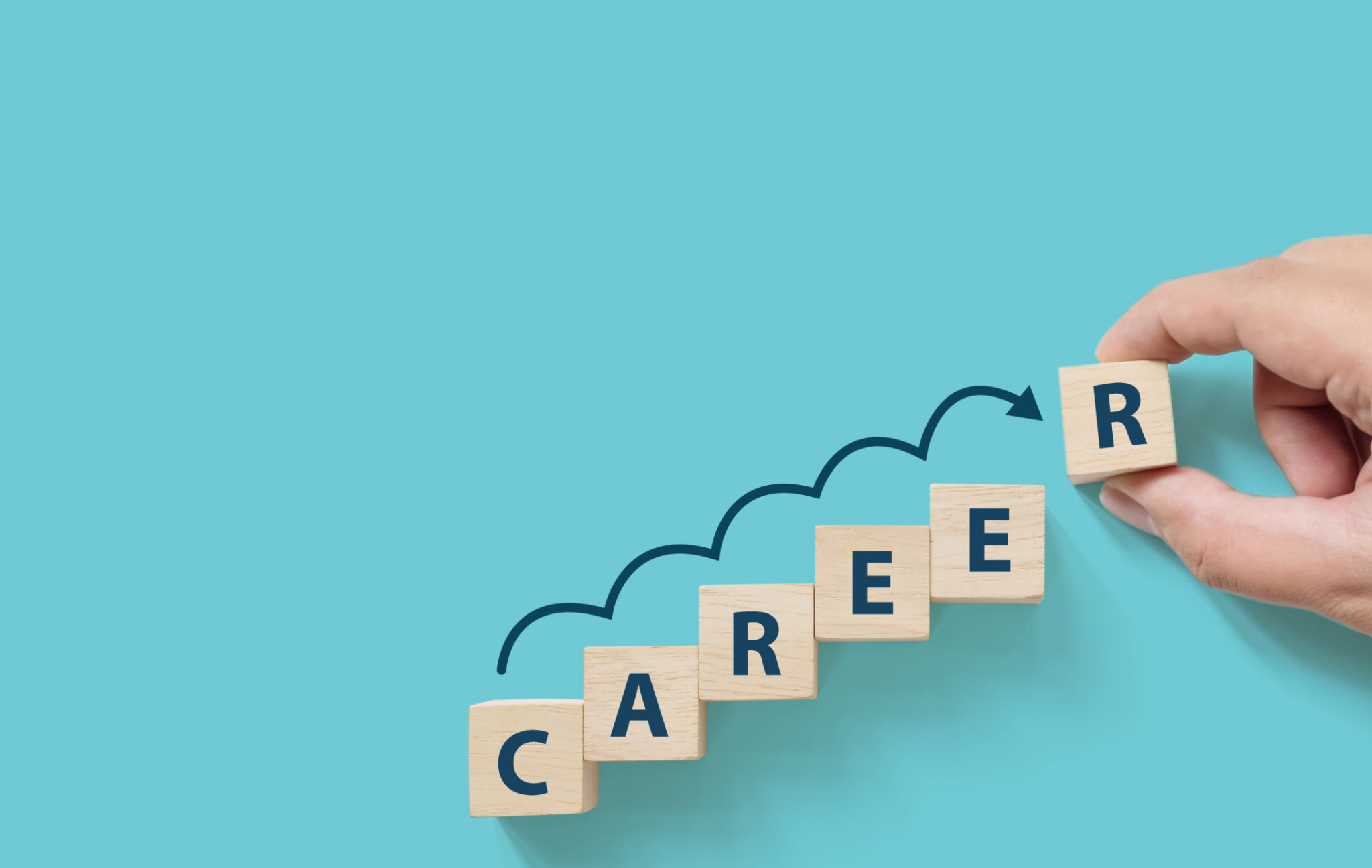The Evolving Workplace: How Gen Z is Reshaping the Future of Work
86% of Gen Zers see purpose-driven work as pivotal to their overall well-being and satisfaction.
The arrival of Generation Z in the workforce has sparked a wave of change, challenging traditional workplace norms and expectations. As this digitally native cohort continues to grow its footprint, employers are grappling with how to adapt to their unique perspectives and priorities. By examining recent studies, statistics, and expert opinions, we can gain valuable insights into the implications of this trend for the future of work.

Shifting Priorities and Expectations
One of the most striking aspects of Gen Z's approach to work is their emphasis on purpose-driven careers. A staggering 86% of Gen Zers see purpose-driven work as pivotal to their overall well-being and satisfaction. They scrutinize potential employers' societal impact before applying for jobs, with 75% considering this a key factor in their decision-making process.
Alongside purpose, Gen Z places a high value on work-life balance and flexibility. About 57% consider work-life balance central to a successful career, and 60% expect managers to care about their well-being. This focus on well-being might explain their reluctance to accept promotions that could disrupt this balance.
Salary expectations are another area where Gen Z diverges from previous generations. While purpose matters, 74% of Gen Zers would leave a job due to low salary. A striking 70% of recent graduates expect high starting salaries and to be promoted within the first 18 months. This seeming contradiction may stem from witnessing their parents' struggles with poor working conditions and economic downturns.
 |  |
Comfort in Existing Roles and Slower Job Movement
Despite these high expectations, there are indications that some Gen Z and Millennial workers are becoming more comfortable in their current roles and are less likely to change jobs compared to a few years ago. In 2024, while 42% of professionals overall are considering new jobs, Millennials (who make up 57% of the workforce) are more inclined to stay put compared to Gen Z.
Reasons cited for staying include flexibility (38%), fulfillment in their current role (36%), and feeling well-compensated (30%). This contrasts with the job-hopping tendencies often associated with these generations, with Millennial and Gen Z workers having held an average of four jobs since entering the workforce.
Recognition and Appreciation Paradox
An interesting paradox is emerging where Gen Z employees report receiving the most frequent recognition at work compared to other generations, yet still desire greater appreciation. 49% of Gen Zers receive recognition at least weekly, compared to 37% of Millennials, 24% of Gen X, and 15% of Baby Boomers. However, 83% of Gen Z workers want more appreciation, versus 77% of Millennials, 73% of Gen X, and 66% of Baby Boomers.
Experts suggest the recognition Gen Z receives may feel superficial and not tied to concrete benefits like promotions and advancement. This aligns with their expectations for regular feedback, with 72.4% of managers seeing this as an effective motivator for Gen Z employees.
Employers promoted Gen Z workers into management 1.2 times faster in 2023 than 2019, on par with Baby Boomers.

Faster Promotion Rates into Management
Despite some hesitancy to change jobs, Gen Z workers are being promoted into management roles faster than previous generations at their age. Gen Z's share of management grew from <1% in 2019 to 3% in 2023, outpacing their share of the total workforce. Employers promoted Gen Z workers into management 1.2 times faster in 2023 than 2019, on par with Baby Boomers.
However, this rapid ascent is not without challenges. 45% of managers have difficulty matching Gen Z's salary expectations, and 41% face challenges meeting their career development ambitions. Additionally, 40% of leaders believe Gen Z graduates are not prepared for the workforce, citing a lack of work ethic and communication skills.
 |  |  |
 |  |  |
As AI augments or automates certain tasks, the skills and roles of Gen Z may evolve
Implications for the Future of Work
These shifting attitudes and faster promotions of Gen Z have significant implications for the future of work, especially coupled with the rise of AI. Companies will need to re-evaluate retention strategies beyond just compensation, focusing on purpose, flexibility, and mental health support. With Gen Z moving into management faster, organizations must prepare for a demographic shift in leadership and potential intergenerational dynamics.
Demands for work-life balance, mental health support, and DEI initiatives from Gen Z will continue to shape workplace culture and policies. As AI augments or automates certain tasks, the skills and roles of Gen Z may evolve, potentially impacting job satisfaction and career trajectories. Reduced job movement could impact economic dynamism if taken to an extreme, but if due to better work-life fit, it could boost productivity.
To navigate these changes, companies will need to take a nuanced, individualized approach to engaging and retaining Gen Z talent. This may include providing clear career pathways and development opportunities, offering flexible work arrangements and competitive compensation, fostering a culture of recognition, purpose, and mental well-being, investing in training for both technical skills and leadership capabilities, and facilitating intergenerational collaboration and knowledge-sharing.

The Path Forward
As Gen Z continues to make its mark on the workforce, it's clear that the traditional workplace paradigm is undergoing a significant shift. Their emphasis on purpose, well-being, and rapid advancement is challenging long-held norms and forcing companies to adapt.
However, this adaptation is not without its hurdles. Managers are struggling to meet Gen Z's expectations, and there is a perceived lack of preparedness among Gen Z graduates. Bridging this gap will require a concerted effort from both employers and educational institutions to equip Gen Z with the necessary skills and align workplace practices with their values.
The arrival of Gen Z marks a pivotal moment in the evolution of work.
The rise of AI adds another layer of complexity to this equation. As technology reshapes the nature of work, Gen Z's digital nativity could prove to be a significant asset. However, it will also require a rethinking of traditional career paths and skill sets.
Ultimately, the impact of Gen Z on the workforce is still unfolding. While some changes, such as a more casual and collaborative work environment, are already evident, the full extent of their influence remains to be seen. Will we see a complete overhaul of workplace structures to accommodate Gen Z's approach, or will they adapt to established norms? Only time will tell.
What is certain is that the arrival of Gen Z marks a pivotal moment in the evolution of work. As they assume greater leadership roles in an AI-enabled future, their unique perspectives and expectations will undoubtedly shape the workplace of tomorrow. Employers who proactively engage with and adapt to this generation will be best positioned to harness their full potential and thrive in the years to come.

References:
https://www.forbes.com/sites/deloitte/2024/05/15/gen-zs-and-millennials-seek-purpose-and-progress-in-a-changing-world-insights-from-deloittes-2024-gen-z-and-millennial-survey/
https://www.qureos.com/hiring-guide/gen-z-statistics
https://cake.com/empowered-team/gen-z-workforce-statistics/
https://www.benefitsandpensionsmonitor.com/news/industry-news/2024-job-market-millennials-vs-gen-z-trends/383785
https://cloudbooking.com/blogs/gen-z-workforce/
https://www.paychex.com/articles/human-resources/engaging-millennials-and-gen-z-in-the-workplace
https://www.newsweek.com/gen-z-get-most-recognition-work-they-want-more-1959381
https://www.adpresearch.com/gen-z-rises-into-management/
https://fortune.com/2024/05/08/annual-work-trend-index-by-microsoft-and-linkedin-gen-z-ai-skills/
https://www.businessinsider.com/gen-z-rejects-promotions-management-roles-traditional-corporate-ladder-2023-11
https://www.deloitte.com/global/en/issues/work/content/genz-millennialsurvey.html
https://www2.deloitte.com/content/dam/Deloitte/at/Documents/presse/at-deloitte-global-gen-z-millennial-survey-gesamte-studie.pdf
https://www.adlittle.com/en/insights/prism/future-workforce
https://www.toolingu.com/ToolingU/media/marketing/tooling-u-sme-millennials-gen-z-solving-the-talent-challenge.pdf
https://workplaceinsight.net/remote-workers-are-more-likely-to-miss-out-on-promotions/
